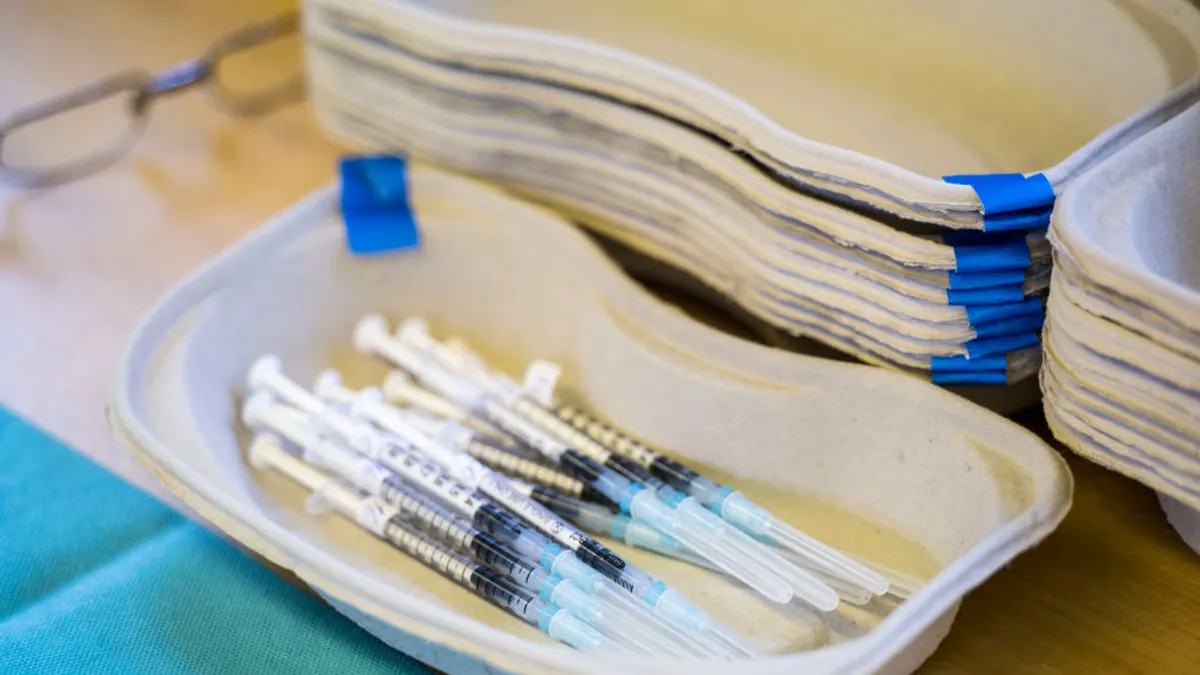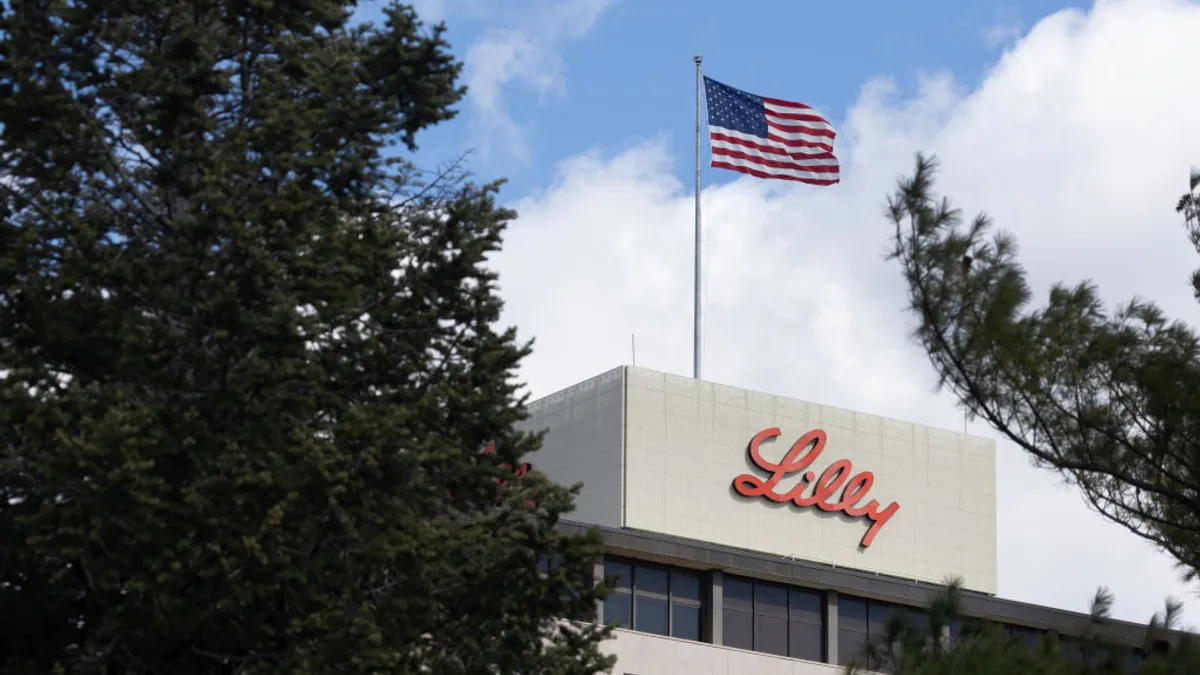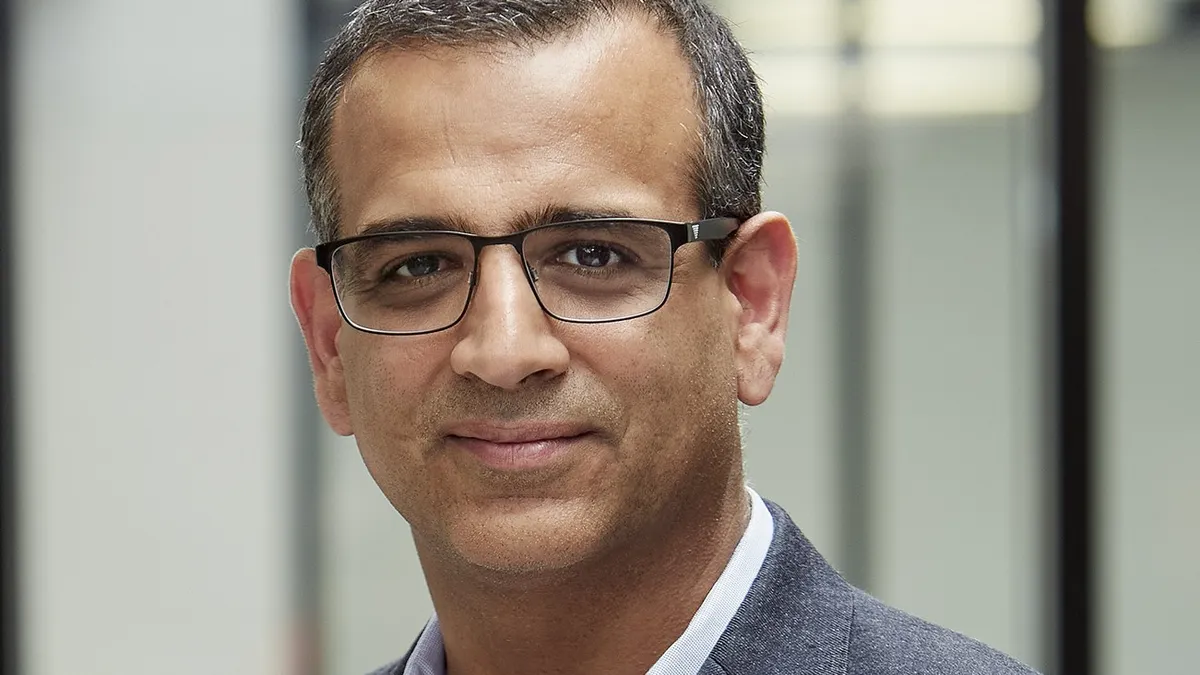Flagship Pioneering seems to always be buzzing with activity. From its recently announced $100 million partnership with Pfizer to the launch of its latest startup Empress Therapeutics, countless executive appointments and Eli Lilly and Co.’s acquisition of its portfolio company Sigilon Therapeutics, the Cambridge, Mass.-based biotech incubator has had one hell of a summer.
Of course, constant motion is the name of the game for Flagship as it’s aiming to create “breakthroughs in human health and sustainability and build bioplatform companies.” Since its founding in 2000, Flagship, which is often described as a venture capital firm but has said it sees itself as more of an incubator, has helped launch over 140 companies, including Moderna. And the new Pioneering Medicines initiative with Pfizer in particular is seen as the next step toward disrupting the industry, according to Paul Biondi, president of the initiative, and an executive partner at Flagship.
“We are creating a new model of R&D for the industry, aligning Flagship’s unique ability to take big leaps, resolve uncertainty and make previously impossible technologies a reality with Pfizer’s disease expertise, late-stage development experience, and market understanding,” Biondi said in a statement.
The initiative will tap into the existing work of Flagship’s 44 current platform companies — picking 10 drug programs from across the ecosystem that have blockbuster potential to develop. When it comes to choosing the drug candidates, a spokesperson said Flagship plans to pick programs “in line with Pfizer’s core strategic areas of interest,” including ones with “broad patient populations,” which could include immunology, cancer and infectious disease medications, among others.
And if Flagship’s most recent accomplishments and failures provide any guideposts for its next stage of growth, then one thing is clear — the company will support many more niche ideas running the gamut of indications.
Flagship’s wins
Over the last year, Flagship has launched four new companies — Empress Therapeutics, Ampersand Biomedicines, Metaphore Biotechnologies and Montai Health — with focuses ranging from small molecule to anthromolecule therapies, precision medicines and even drugs based on biomimicry.
Although biomimicry, or the idea that complex problems can be solved using solutions that echo nature, has not widely infiltrated pharma, it’s an approach being used in other industries. And Metaphore, launched in May, asked the question “What if we could engineer therapeutics to trigger the ideal biological response by taking inspiration from mimicry in nature?” Flagship CEO Noubar Afeyan said.
But Moderna, the messenger RNA company known for its COVID-19 vaccine, undoubtedly remains Flagship’s largest success to date. When it hit the public market in 2018, Moderna set the record for the biggest biotech IPO at $604 million. That record has since been surpassed, but one was another Flagship company — Sana Biotechnology — which landed at over $675 million in 2021.
Moderna has since generated over $36 billion in sales from its COVID-19 vaccine. This year, the company’s RSV vaccine also received breakthrough therapy designation for patients aged 60 and up.
Several other Flagship companies have also notched regulatory and commercial success in the last few years. Agios Therapeutics, which was founded from seed financing by Flagship and ARCH Venture Partners in 2007, notched an FDA approval for its gene therapy Pyrukynd to treat hemolytic anemia in adults with pyruvate kinase (PK) deficiency in late 2022. And Seres Therapeutics, a leading microbiome therapeutics company founded by Flagship in 2011, received FDA approval in April for the second microbiome-based therapy for C. difficile.
A few others have garnered Big Pharma acquisitions. Earlier this week, for instance, Eli Lilly completed an acquisition of Sigilion Therapeutics, a clinical-stage biotech developing “functional cures for patients with a broad range of acute and chronic diseases” such as diabetes, worth up to approximately $345 million. And Merck acquired the Flagship-funded Acceleron Pharma, which has an FDA-approved drug for rare blood disorders, for $11.5 billion in 2021.
Flagship also has several unicorn companies worth over $1 billion in its portfolio, including the gene engineering-focused Tessera Therapeutics, which was reportedly worth $1.7 billion as of April 2022.
Flagship’s fails
Of course, failure is inevitable in drug development and Flagship is no exception. Roughly 20 Flagship-funded companies have shuttered, including four in the last three years.
The most notable example is the microbiome company Kaleido Biosciences, which shut down in April 2022 three years after it completed a $75 million IPO. After facing numerous setbacks, including an FDA warning letter alleging it was improperly conducting clinical trials for its novel synthetic glycan candidate, the company ran out of money and failed to find a buyer.
Ohana Biosciences, a reproductive health company originally focused on egg biology, closed shop in April 2021 just 18 months after it was launched and after it shifted its focus toward becoming the first sperm biology platform company.
Pivoting to new development strategies and then going under anyway is an all-too-familiar story for many of Flagship’s unsuccessful projects. Similar to Ohana, Rubius Therapeutics attempted to transition from an engineered red blood cell platform to a cell conjugation platform, going so far as to dump its lead candidate and cut 75% of its staff. But just five months later in February 2023, it closed down anyway.
As Flagship looks to the future, only time will tell if these failures breed lessons learned for its next crop of startups.



















